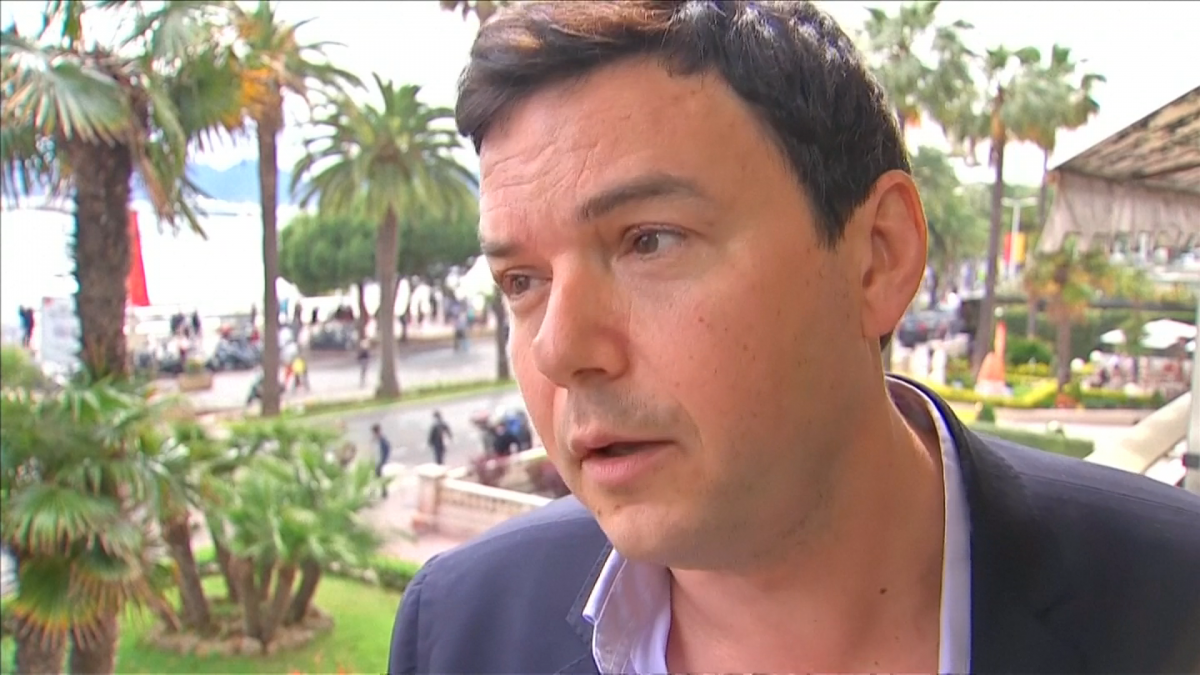
Likewise, the rapid concentration of wealth and power that took place across Western democracies over the past 40 years has been accompanied by its own underlying ideology, one that sees self-regulated markets as more efficient and holds to the stubborn belief that both the winners and losers of today’s winner-take-all economy deserve to be where they are. “Ownership societies,” which rose to prominence in the 18th and 19th centuries and were marked by enormous concentrations of wealth, were based around the notion that protection of private property by a strong centralized state is necessary to avoid social chaos.

In feudal societies (“Ternary societies”), clergy and nobility derived legitimacy for their power over laborers by providing protection and spiritual guidance. To avoid social and political collapse, every society “must justify its inequalities”-that is, rationalize the existence of inequality through narrative and construct a corresponding system of rules and institutions by which it is legitimized and codified, which Piketty terms “inequality regimes.”Įxamples abound. It is also, surprisingly, rather optimistic, as Piketty explores various historical examples to establish his argument that extreme inequality is not preordained.Īll societies, argues Piketty, are unequal in one way or another. Whereas Capital in the Twenty-First Century was firmly rooted in economics, Capital and Ideology’s overarching thesis draws on political science, history, and sociology. It is a startlingly ambitious book, even more so than its predecessor. It is twice as long and much broader in scope, providing a sweeping historical overview of how inequality has been driven and reinforced by ideological and political decisions throughout history. Piketty’s latest is the long-anticipated follow-up to his bestseller Capital in the Twenty-First Century, which became an unexpected cultural phenomenon when its English translation came out in 2014. “Inequality is neither economic nor technological it is ideological and political.” Thomas Piketty’s latest book, Capital and Ideology, is a 1200-page tome chock-full of facts, figures, policy proposals, and digressions that defies easy categorization, but its main argument can be best summed up by its opening line.

In an interview with ProMarket, Thomas Piketty speaks about his new book, the role of ideology as a driver of inequality, and what the Covid-19 crisis teaches us about our present-day “inequality regime.”


 0 kommentar(er)
0 kommentar(er)
